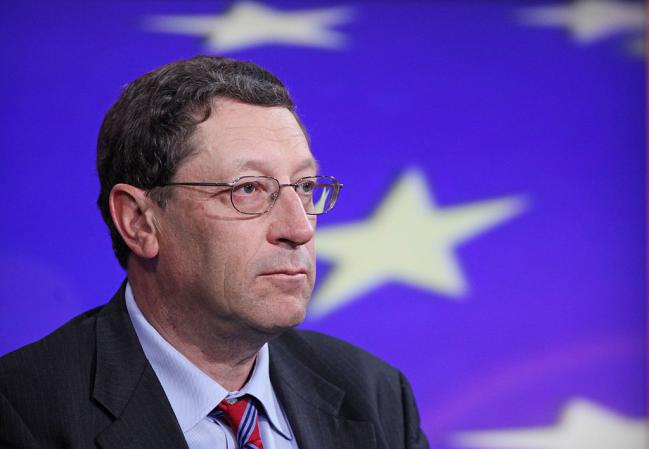(Bloomberg Opinion) -- That 3.7% unemployment rate is sending a misleading signal, says labor economist Danny Blanchflower, this week's guest on Masters in Business.
If the U.S. labor market really were tight, wage pressure would be sending pay much higher. Instead, increases have been modest, barely keeping up with the country's 2% inflation rate. This is evidence of widespread underemployment, which is keeping a lid on wage pressures.
In our wide-ranging conversation, the Dartmouth College professor and author of "Not Working: Where Have All the Good Jobs Gone? " focused on why so many economists get this wrong about the labor market.
He notes that the things that usually get blamed for low wage gains -- globalization, automation and the decline of unions -- are now a given. The aftermath of the financial crisis accelerated all of these phenomena. The ramifications include increased levels of reported pain, widespread dissatisfaction and the rise of populism.
Blanchflower believes unemployment could bottom at 2.5%. He also suggests economists are underestimating the odds of a recession, and that the Fed should be aggressively cutting interest rates.
His favorite books are here; a transcript of our conversation is here.
You can stream/download the full conversation, including the podcast extras on Apple iTunes, Bloomberg, Spotify, Google Podcasts, Overcast and Stitcher. All of our earlier podcasts on your favorite pod hosts can be found here.
Next week, we speak with Josh Wolfe, co-founder and managing partner of Lux Capital. The venture firm was set up to support scientists and entrepreneurs who pursue unconventional solutions to the most challenging problems of our time.
